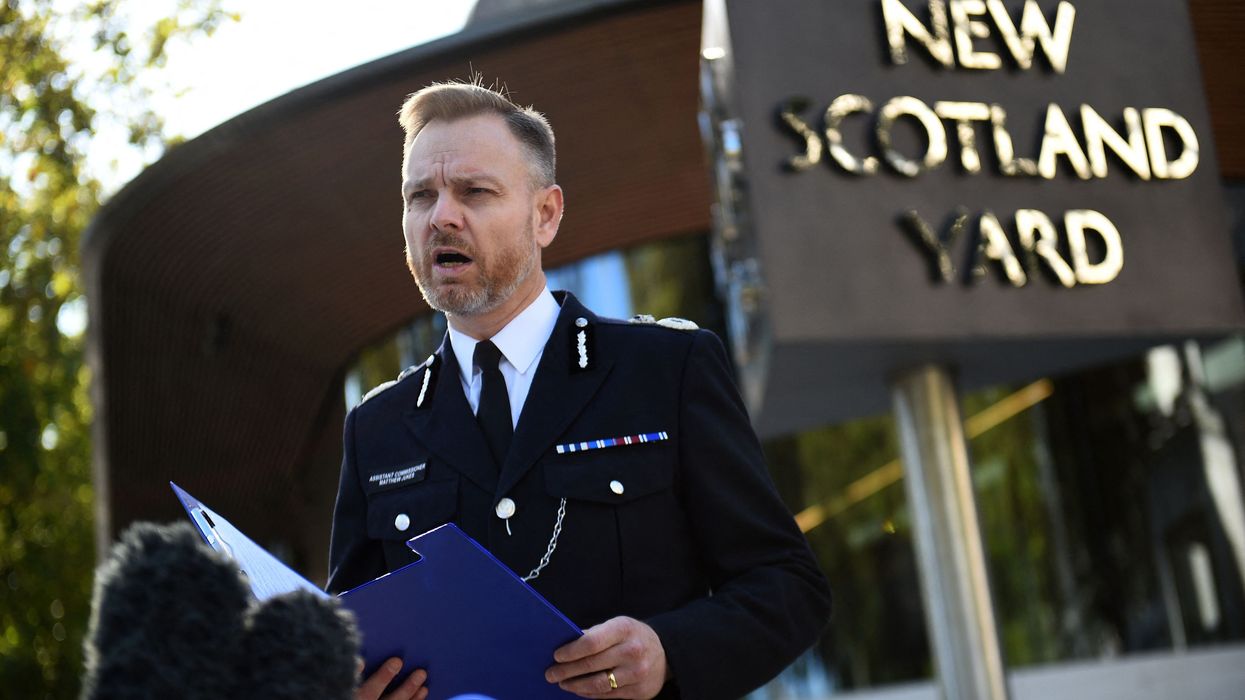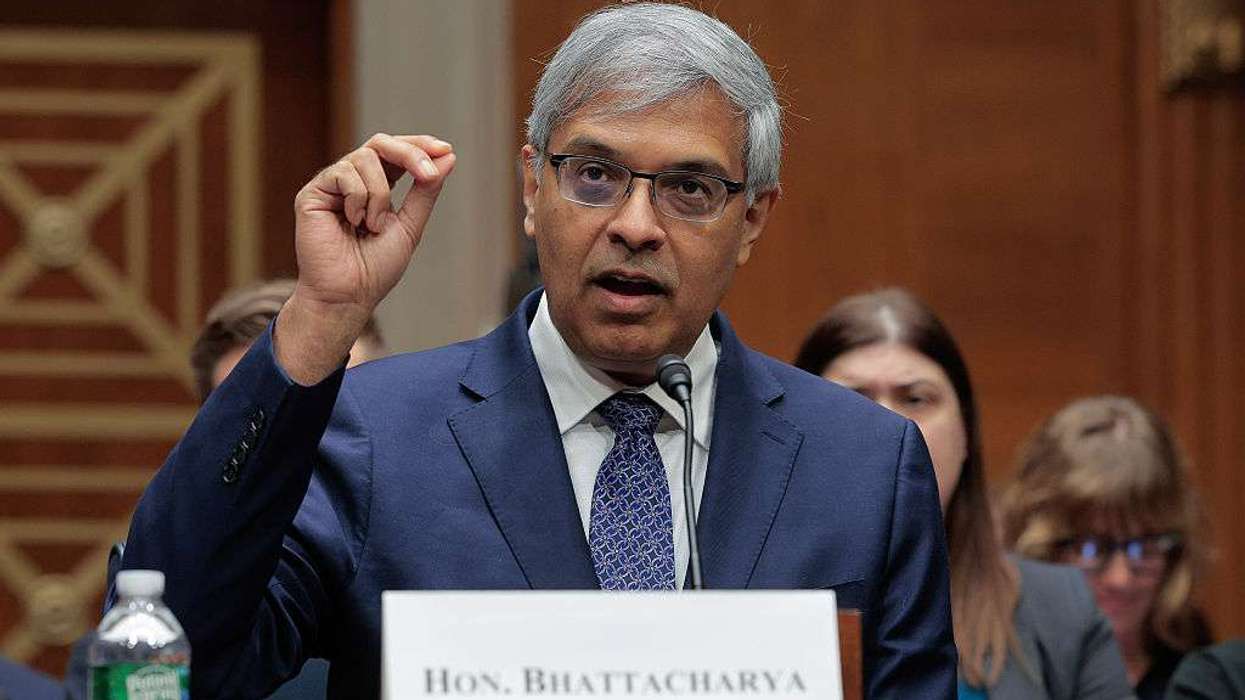A UK charity working to counter far-right radicalisation has seen children as young as nine referred for support.
Exit Hate UK, which helps individuals leave extremist movements, said its youngest-ever referral was nine years old, with the average age of those seeking help being about 15, according to The Times.
Nigel Bromage, the charity’s chief executive, said those referred are often well-educated, middle-class white children who feel isolated. He noted that referrals have increased significantly, rising from 11 per year in 2016 to between 100 and 150 annually.
During the pandemic, the number of referrals surged by 300 per cent, driven by increased online activity and social isolation.
Matt Jukes, the UK’s head of counterterrorism, has called for a social media ban for children under 16.
Speaking to The Times Crime and Justice Commission, he compared the harm caused by social media to the effects of smoking, stating that online radicalisation has contributed to a rise in young people becoming involved in extremism.
Sarah Hardy, a mother whose son was radicalised online at 14, shared her experience with The Times.
She said her son, John, was exposed to extremist content after seeing a meme that falsely claimed British soldiers were homeless because immigrants had taken all the houses. This led him to seek out more content and join online groups, spending up to 16 hours a day engaging with extremist material.
Hardy described how her son’s behaviour changed, adopting misogynistic attitudes and participating in far-right demonstrations.
His radicalisation was eventually reported to Prevent, the UK’s counter-extremism programme, by his college.
Hardy now works with Exit Hate, providing support to other families. She warned that radicalisation can happen to any child and that extremist content is widely accessible online, including through gaming platforms.
Bromage said far-right, neo-Nazi, and incel extremists make up the majority of cases handled by Exit Hate.
He emphasised that excessive screen time is a key factor in radicalisation and that young people need safe spaces to discuss difficult topics without fear of being ostracised.





